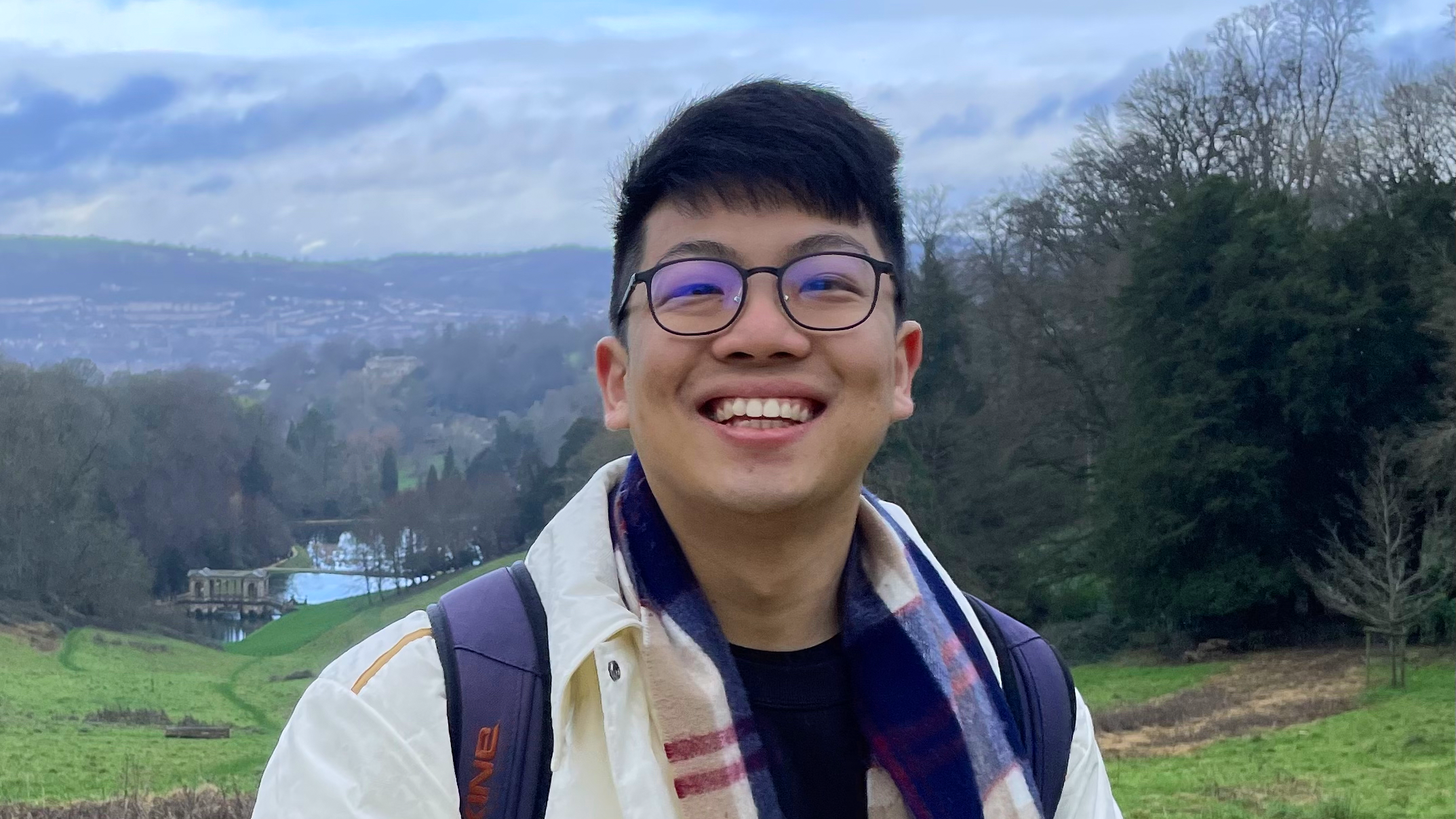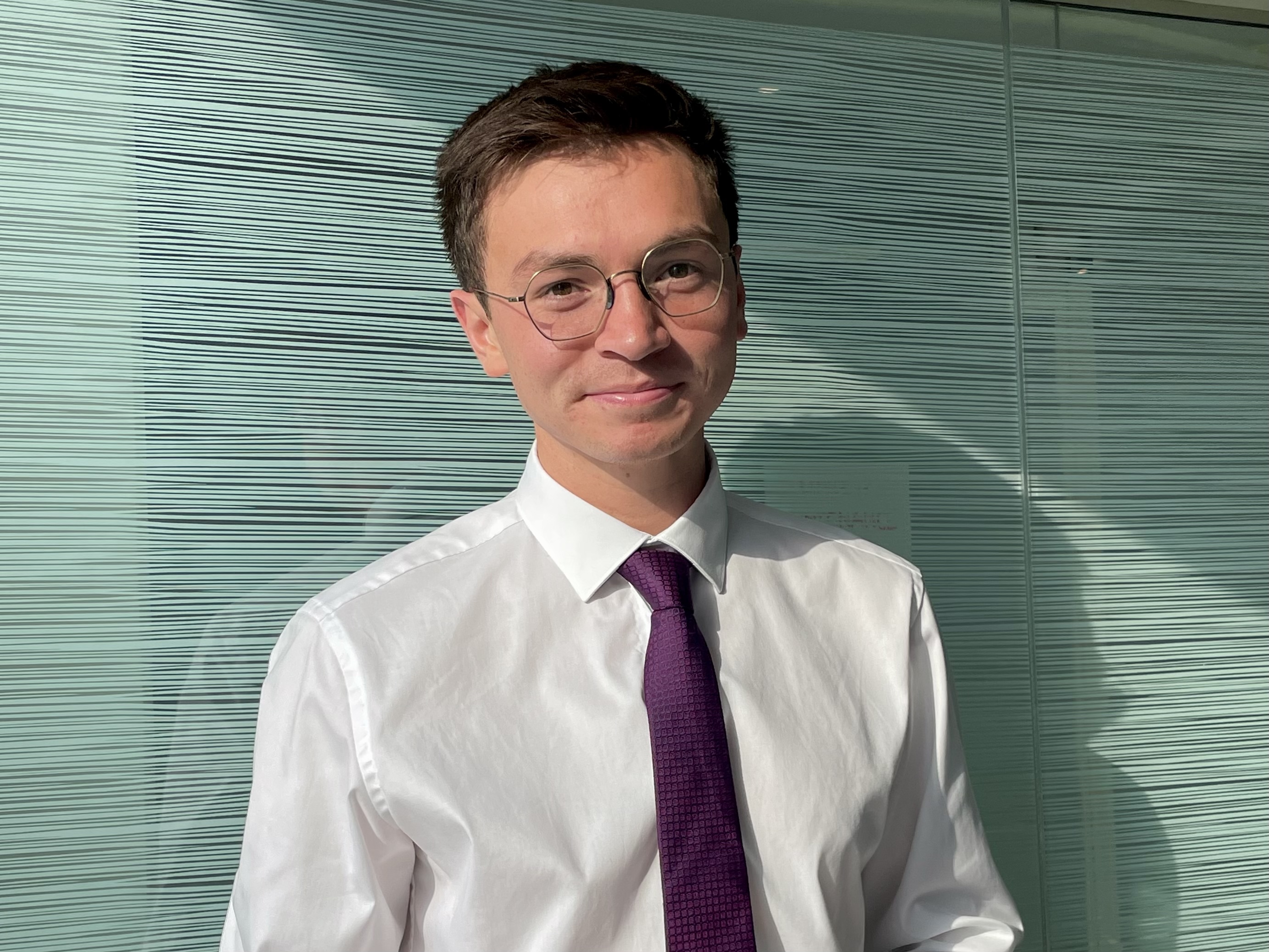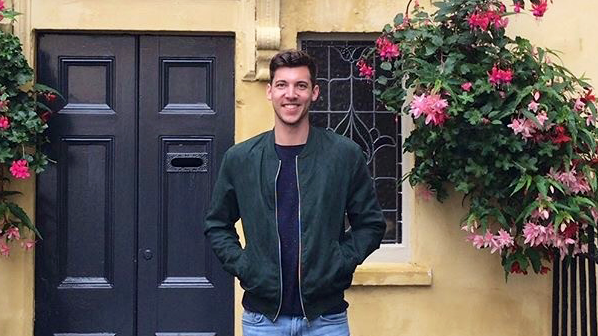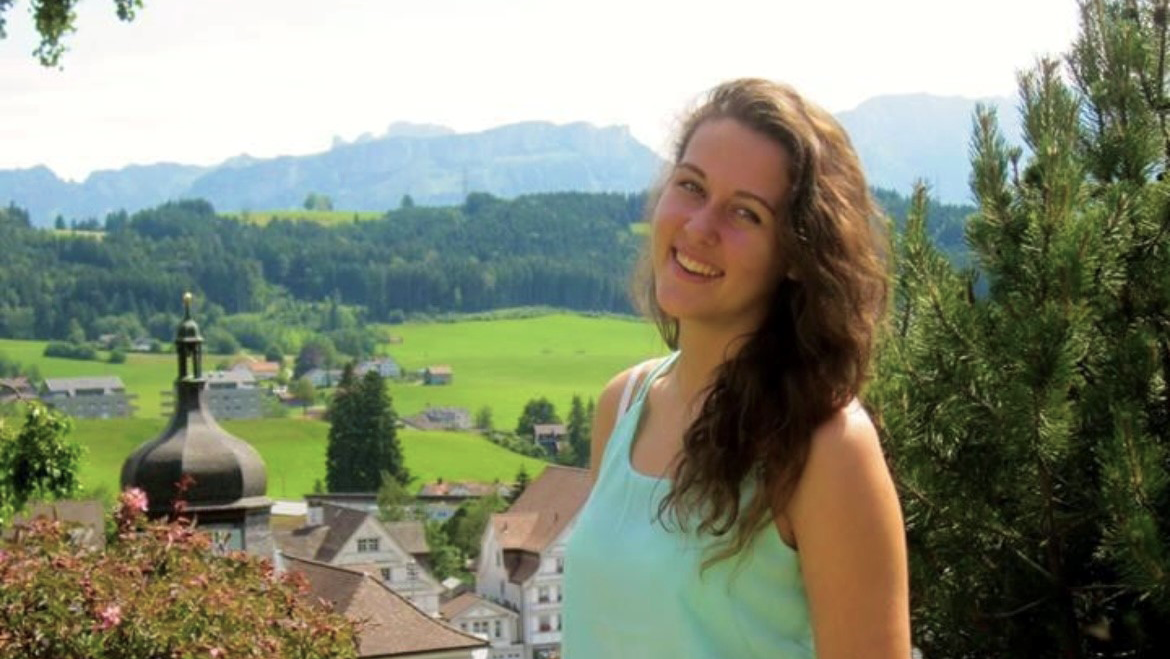Having graduated from BSc (Hons) Psychology at Bath, Yu Shuang stayed on and graduated from MSc Applied Psychology and Economic Behaviour in 2023.
We spoke to him to find out why he chose to study this interdisciplinary master’s.
Finding a degree that fits
I did my bachelor's in psychology here at Bath. When it was time to think about doing a master’s, I realised I wasn’t particularly interested in clinical psychology. When you take that away, you’re mostly left with cognitive and social psychology, and my interest has always been in the more cognitive and decision-making side of things.
I was interested in the neuro-economics unit, which was run by Neal Hinvest, who is the current Director of Studies. It really focused on that combination of psychology and economics, so that was when I decided that the course might be something really fun and enjoyable to do.
I did look around for a couple of other master’s programmes in the UK, which were fairly similar in dealing with behavioural economics, but the main reason I chose Bath was because it was coming from a psychology background, adding on economics.
And that's quite different from what I found at some other UK universities, where it seemed heavily economics-based. At Bath, the course is delivered jointly by the Department of Psychology and the Department of Economics, and really combines theory from psychology and economics. I would say it’s almost 50/50, but perhaps a bit more focused on psychology, which I quite enjoyed, but the economic side feeds in perfectly. It all made that transition from my undergrad degree fairly easy.
Course highlights
What immediately comes to mind is the diversity of the cohort I was in. It wasn’t just psychology or economics students on the course; about half of us were from different backgrounds and areas. There were people who did accounting and people who did business; they all came to the course with different goals.
It was great making all those connections, and it’s amazing to see everyone graduating and going on to different paths. You have people entering the workforce in corporate roles, and you have people, like myself, staying in academia.
And that was the second-best thing about the course; the flexibility and freedom to pursue the career you want. The dissertation, which spans about half a year, is your chance to look at the questions you want to find the answers to. The supervisors in the department are very supportive and they help you along the way.
Pursuing a career in academia
Instead of going into industry, I decided to stay in Bath and build on the research I did for my master’s. In my PhD, I now focus on sustainable food consumption, particularly alternative meats (such as plant-based meat and cell-cultured meat), which is a very topical issue a lot of people have an opinion on.
The master’s gave me a really solid foundation in the theories behind decision-making and I extrapolated that into the field of sustainability. I love food, that’s why I’m doing food research.
In my master’s dissertation, I researched carbon labels and behavioural interventions to encourage people to make more sustainable food choices, and that was a very good stepping stone towards my PhD. I am now looking at consumer acceptance and consumption and this has a lot to do with my master’s – the background in decision-making science and behavioural economics. I'm trying to look at how people make decisions on eating meat, which is something we're all very familiar with, but we don't really give it a lot of thought.
How do people think about non-meat, meat alternatives, plant-based meat and novel foods like cell-cultured meat? Essentially, how can we then explore that psychological mechanism, but also more importantly, how can we encourage that transition from meat to alternative meat? And this has to do with changing people's choices, changing people's decisions and behaviours.
I was able to secure a +3 PhD, which means that my master’s was sufficient to supplement the trainings I needed. If it hadn’t been suitable, I would have needed to do an MRes year, but the MSc in Applied Psychology and Economic Behaviour allowed me to move on directly within my area of expertise and start the PhD.
I am still within the Psychology department and already collaborating with some external partners, but I’m also looking forward to working with other academics in the Institute for Sustainability and perhaps colleagues in chemical engineering who are researching meat alternatives. My supervisors have some great connections to public and private partners, even governments and public bodies, which gives me an excellent network to conduct my own projects.
Living and studying in Bath as an international student
There are lots of international students in Bath and it’s very easy to find people who are from your country and background to connect with. That's not at all to say that the locals aren’t welcoming though!
It's about how you find your place. No matter where you are, even back in your home country, you also need to find a place where you belong. But I think having that international student body here really does help people to settle in at university and in life in general.
What does the future hold?
Funnily enough, I recently attended a seminar about careers in academia, postdoctoral fellowships, and how to obtain a lectureship in the future. I generally do enjoy teaching and research and writing papers and just reading, so I’m pretty sure my next course of action is to try to get a postdoc fellowship or a lecture career or job at a university in the UK or the EU.
But if that's not possible, I'd like to still stay in research – and with my background any kind of research consulting job would be ideal for me. Many graduates from my cohort have gone into research consultancy.
My final advice: take a leap of faith!
Ironically, just like the master’s, a lot of life is about making decisions! Some big life decisions - like moving country or choosing what the right course for me would be.
Ultimately, I don't think that there are wrong choices. It's about what you make of the decisions you have made. When you actually come to Bath and you study the course, you will figure out how to get the most out of it.
To anyone who would like to study the course, I’d say – give it a go!



